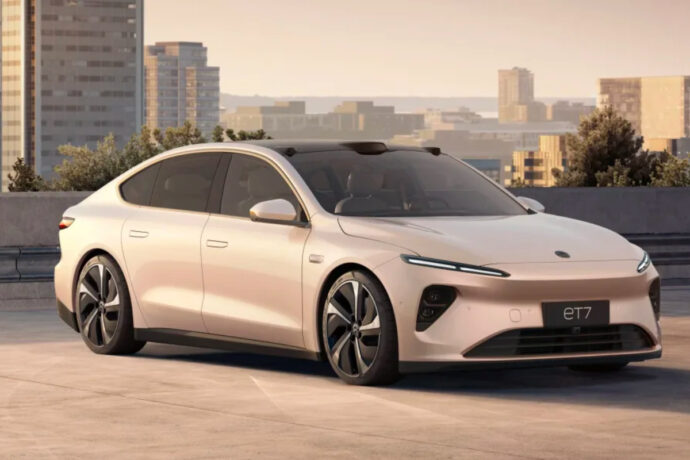
Selecting the appropriate engine oil is paramount to maintain your vehicle’s longevity and performance. With various options available, including conventional, synthetic blends, and full synthetics, understanding their distinctions and aligning them with your driving habits is essential. This guide delineates the differences between these oil types and provides insights into choosing the most suitable one for your vehicle.
1. Conventional Motor Oils:
Conventional motor oils, derived from crude oil, are prevalent in the market. They offer basic additives to mitigate engine wear and are recommended for vehicles with over 75,000 miles that require standard lubrication.
2. Synthetic Blend Oils:
Synthetic blend oils, a blend of conventional and synthetic oils, excel in extreme temperatures and provide enhanced fuel economy and reduced engine wear. They are ideal for newer engines, stop-and-go driving, and varying climate conditions.
3. Full Synthetic Oils:
Full synthetic oils, chemically engineered from synthetic base oils, offer superior endurance and protection against deposits and corrosion. While pricier upfront, they prove cost-effective in the long run and are best suited for high-performance vehicles and engines with over 75,000 miles.
4. Nanotechnology and Engine-Specific Oils:
Advancements in nanotechnology have led to oils fortified with nanoparticles, offering heightened protection for high-performance vehicles. Engine-specific oils tailored for turbocharged, hybrid, and high-mileage engines cater to unique requirements, such as preventing sludge and conditioning seals.
5. Choosing the Right Oil for Your Vehicle:
Refer to your owner’s manual for the manufacturer’s recommended oil type, viscosity grade, and performance standards. Consider your driving habits and climate—full synthetics and synthetic blends are ideal for stop-and-go traffic and extreme weather, while conventional oil suffices for motorway driving and moderate weather conditions. Higher mileage engines benefit from synthetic blends or full synthetics to reverse wear and prevent leaks.
6. Frequency of Oil Changes:
Adhere to the recommended oil change interval, typically between 3,000-10,000 miles, and monitor viscosity levels, especially with high engine temperatures. Regular oil changes with the proper formulation and grade are crucial for engine longevity and functionality.
Choosing the right engine oil tailored to your vehicle’s needs ensures clean operation, improved fuel economy, and superior engine reliability. Whether opting for conventional, synthetic blends, or full synthetics, understanding your vehicle’s requirements and adhering to manufacturer recommendations is paramount. By selecting the optimal oil type and changing it regularly, you can maintain your engine’s performance and longevity for years to come.



